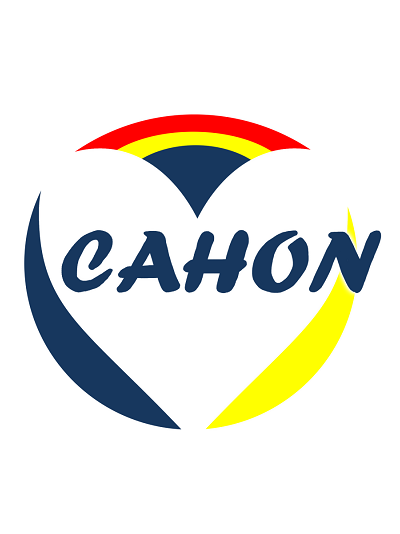优化治疗实体瘤的 CAR-T 细胞疗法:当前挑战与潜在策略
IF 40.4
1区 医学
Q1 HEMATOLOGY
引用次数: 0
摘要
嵌合抗原受体(CAR)-T 细胞疗法在各种血液恶性肿瘤中显示出巨大疗效。然而,它在实体瘤中的应用仍然有限。临床研究报告称,CAR-T 细胞的细胞毒性降低和肿瘤逃避等结果并不理想,这凸显了解决 CAR-T 细胞滑动细胞毒性难题的必要性。尽管第四代和下一代CAR-T细胞有所改进,但新的挑战包括持续分泌的蛋白质引起的全身毒性、生产率低和成本上升。最近的研究以基因修饰为目标,以提高杀伤潜力;以代谢干预为目标,以阻碍肿瘤进展;以多种组合策略为目标,以加强 CAR-T 细胞疗法。为缩短 CAR-T 细胞疗法的持续时间并降低其成本而做出的努力包括开发异基因疗法和体内疗法,有望在未来取得重大进展。与此同时,创新技术和平台增强了 CAR-T 细胞疗法的潜力,克服了治疗实体瘤的局限性。本综述探讨了优化治疗实体瘤的 CAR-T 细胞疗法的策略,重点是增强细胞毒性和克服应用限制。我们总结了在T细胞亚群选择、CAR-T结构修饰、浸润增强、基因和代谢干预、生产优化以及新型技术整合方面的最新进展,介绍了可提高CAR-T细胞疗法在实体瘤中的疗效和适用性的治疗方法。本文章由计算机程序翻译,如有差异,请以英文原文为准。
Optimizing CAR-T cell therapy for solid tumors: current challenges and potential strategies
Chimeric antigen receptor (CAR)-T cell therapy demonstrates substantial efficacy in various hematological malignancies. However, its application in solid tumors is still limited. Clinical studies report suboptimal outcomes such as reduced cytotoxicity of CAR-T cells and tumor evasion, underscoring the need to address the challenges of sliding cytotoxicity in CAR-T cells. Despite improvements from fourth and next-generation CAR-T cells, new challenges include systemic toxicity from continuously secreted proteins, low productivity, and elevated costs. Recent research targets genetic modifications to boost killing potential, metabolic interventions to hinder tumor progression, and diverse combination strategies to enhance CAR-T cell therapy. Efforts to reduce the duration and cost of CAR-T cell therapy include developing allogenic and in-vivo approaches, promising significant future advancements. Concurrently, innovative technologies and platforms enhance the potential of CAR-T cell therapy to overcome limitations in treating solid tumors. This review explores strategies to optimize CAR-T cell therapies for solid tumors, focusing on enhancing cytotoxicity and overcoming application restrictions. We summarize recent advances in T cell subset selection, CAR-T structural modifications, infiltration enhancement, genetic and metabolic interventions, production optimization, and the integration of novel technologies, presenting therapeutic approaches that could improve CAR-T cell therapy’s efficacy and applicability in solid tumors.
求助全文
通过发布文献求助,成功后即可免费获取论文全文。
去求助
来源期刊
CiteScore
48.10
自引率
2.10%
发文量
169
审稿时长
6-12 weeks
期刊介绍:
The Journal of Hematology & Oncology, an open-access journal, publishes high-quality research covering all aspects of hematology and oncology, including reviews and research highlights on "hot topics" by leading experts.
Given the close relationship and rapid evolution of hematology and oncology, the journal aims to meet the demand for a dedicated platform for publishing discoveries from both fields. It serves as an international platform for sharing laboratory and clinical findings among laboratory scientists, physician scientists, hematologists, and oncologists in an open-access format. With a rapid turnaround time from submission to publication, the journal facilitates real-time sharing of knowledge and new successes.

 求助内容:
求助内容: 应助结果提醒方式:
应助结果提醒方式:


